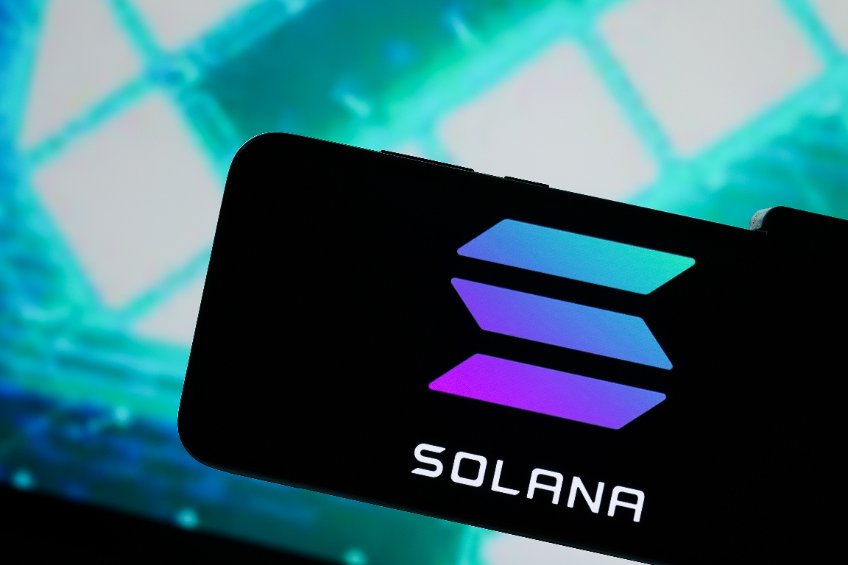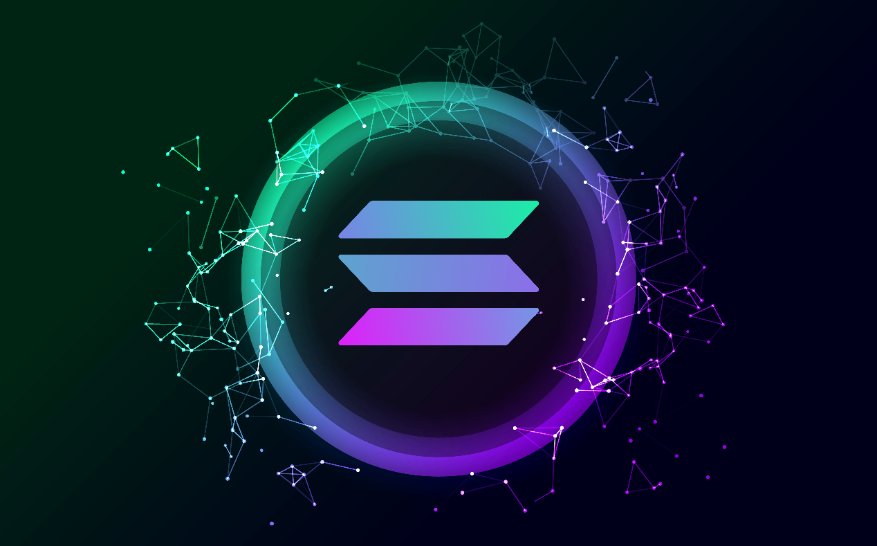
Babylon Finance, the protocol for DeFi asset management, has issued a statement saying that it shall shut down its services on November 15.
This comes after the firm failed to recover from the $80 million Rari/FEI hack that took place in April this year.
Babylon Finance is shutting down
– Details on the claim process will be shared by the end of this week
– Withdraw your funds before Nov 15thhttps://t.co/dICvgxpDUF— Babylon Finance (@BabylonFinance) August 31, 2022
The Rari/FEI hack
Prior to the Rari/FEI hack, Babylon Finance was operating perfectly and it had established a top 10 lending pool on Rari, a protocol that allows users to supply and borrow any asset from its Fuse pools to generate yield.
Rari users can create pools with a selection of Ethereum-based digital assets, like Babylon Finance’s native token, BABL, and other users can contribute money to those pools to receive rewards. At its peak, Babylon Finance held $30 million worth of different cryptocurrencies on Rari and was one of the top lending pools on Rari. $10 million worth of the assets were supplied by users.
The Rari/FEI hack caused the protocol $3.4 million and in the following two days, customers had withdrawn 75% of the TVL.
Following the exploit, Babylon’s $10 million loan market on Rari, Fuse, was suspended because BABL could no longer be used as security in borrowing funds on Rari.
The Babylon Finance token, BABL
Following the news, the price of the BABL token has dropped by over 91% in the last 24 hours and it is currently trading at $0.4563 according to Coinnmarketcap.
According to a press release by Babylon Finance:
“Since the token supply is finite, non-inflationary, and only 10% remains in the treasury, the fall has eliminated any chance of further fundraising initiatives.”
The Babylon Finance team has said that starting on September 6, the firm would combine all its treasury holdings and distribute them to BABL holders. In addition members of Babylon Finance must withdraw their money before November 15.
The post Babylon Finance to shut down on November 15: BABL price falls by 91% appeared first on CoinJournal.




